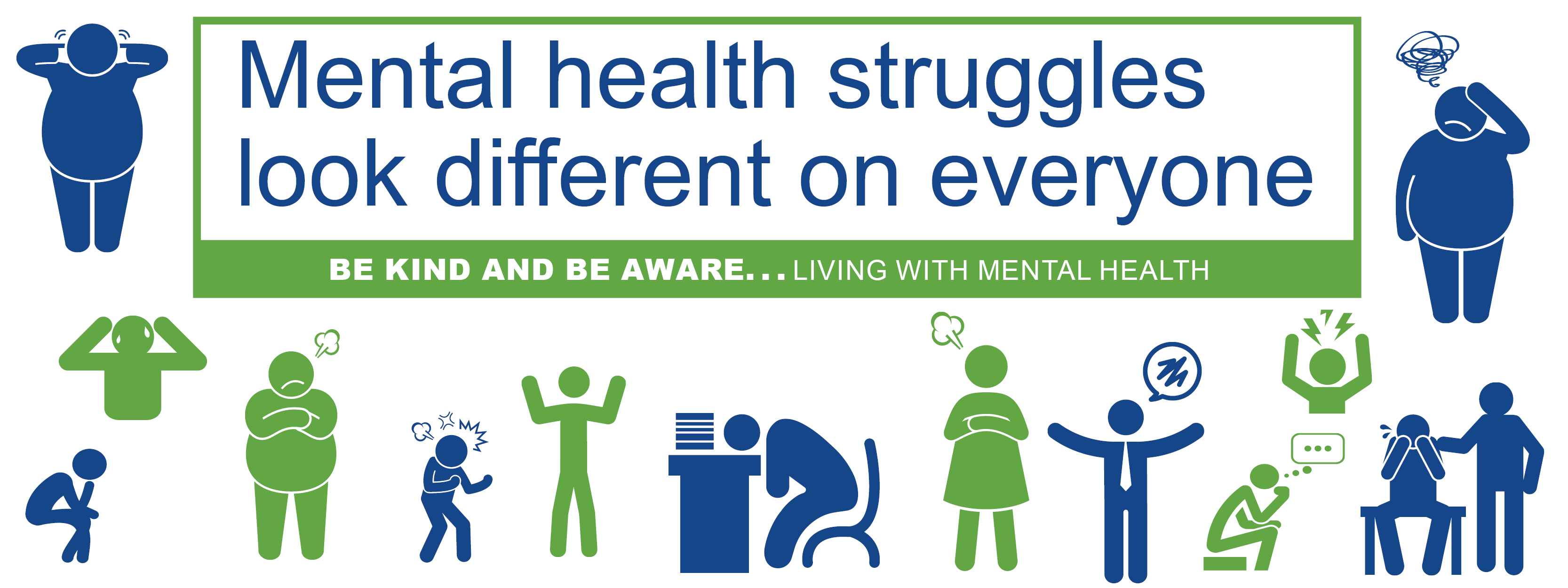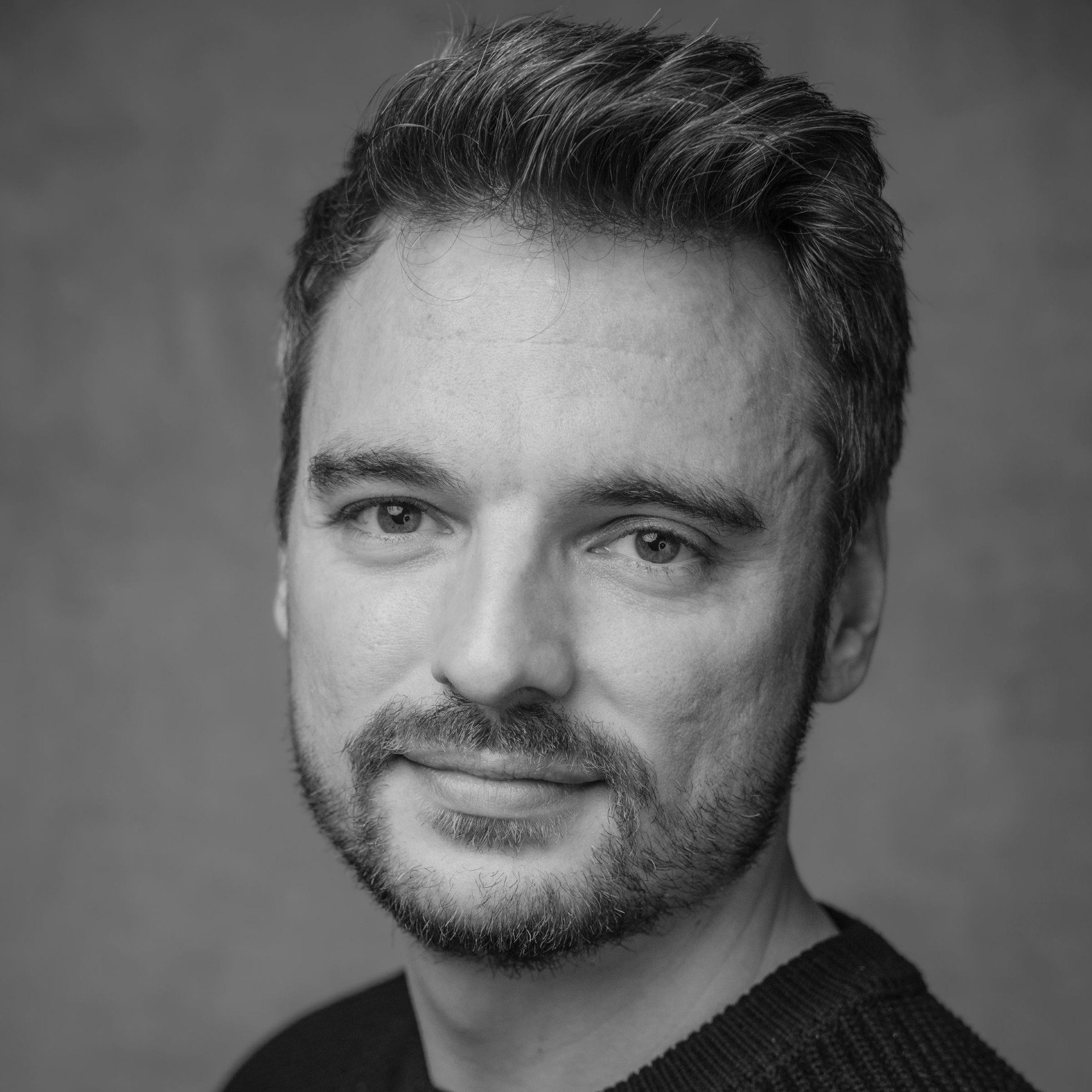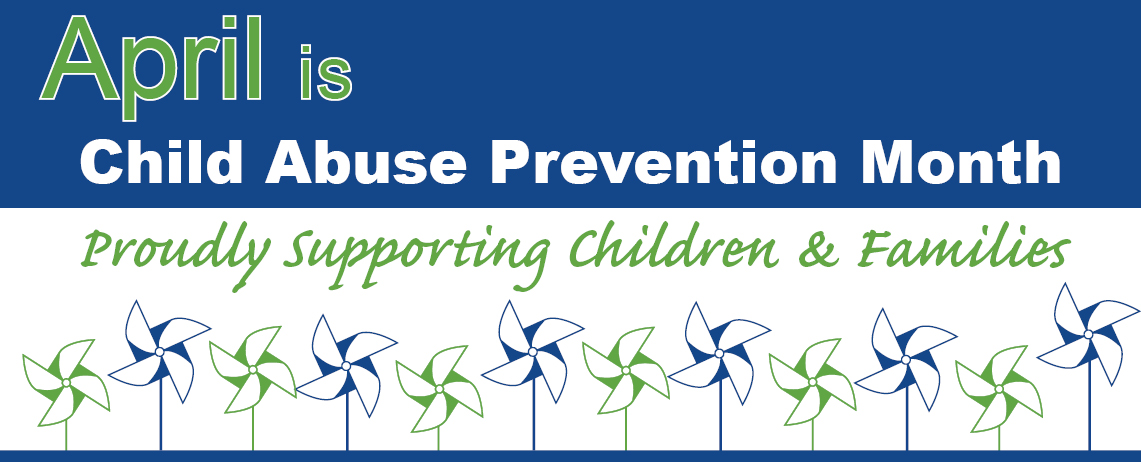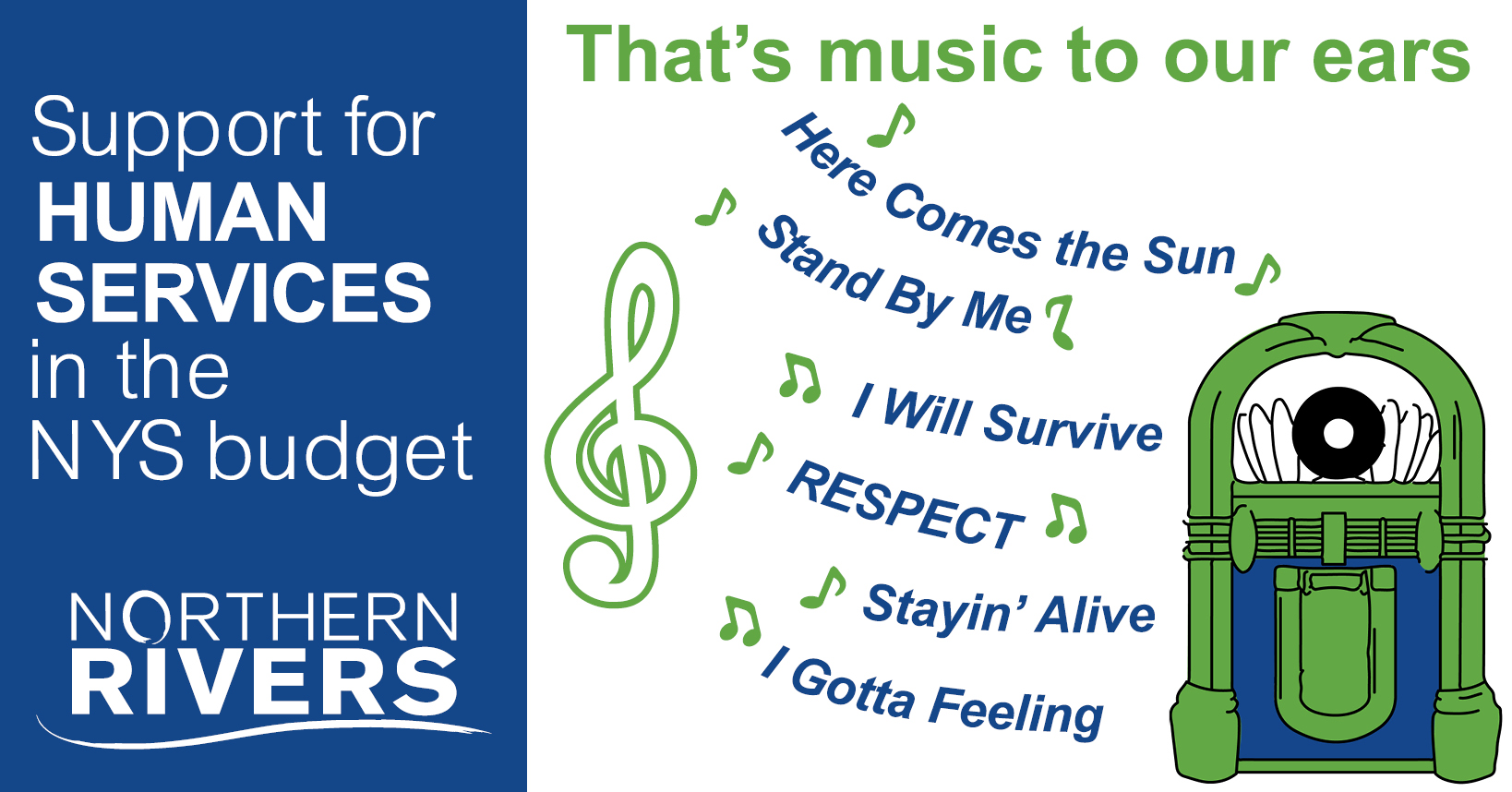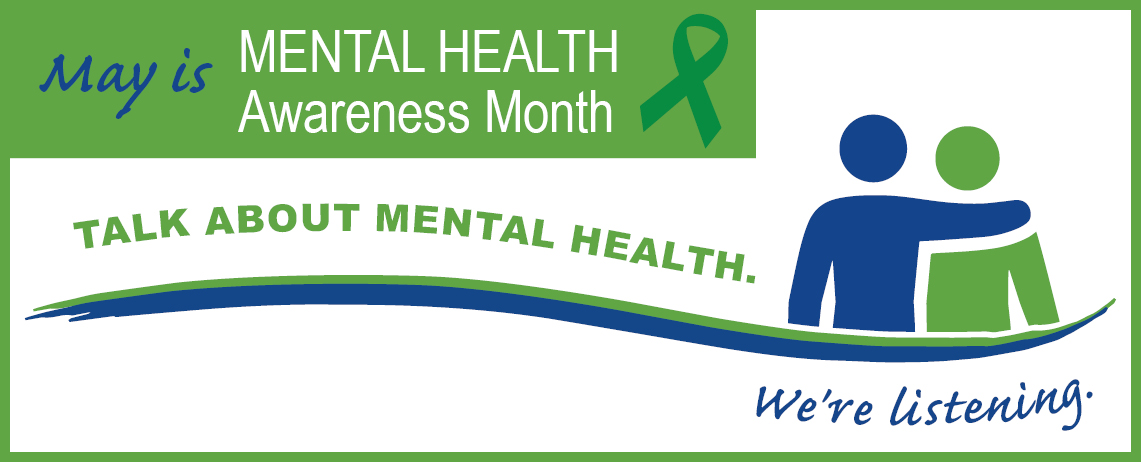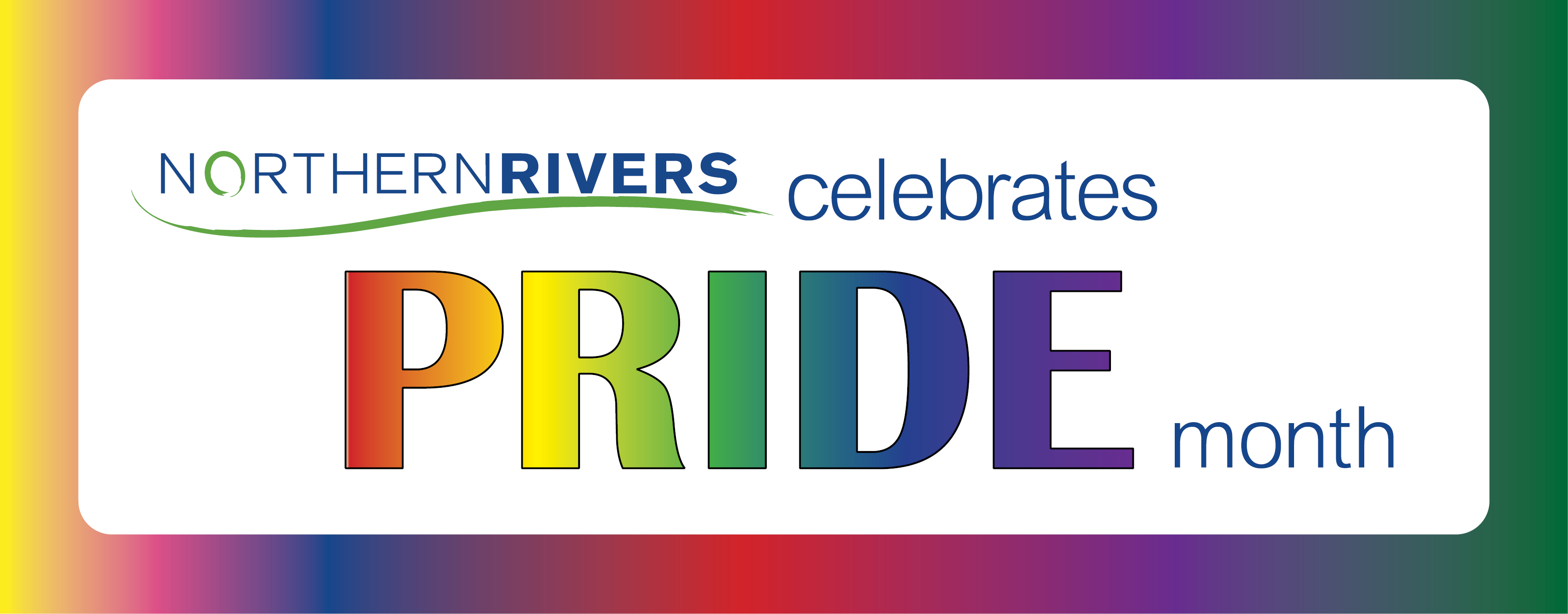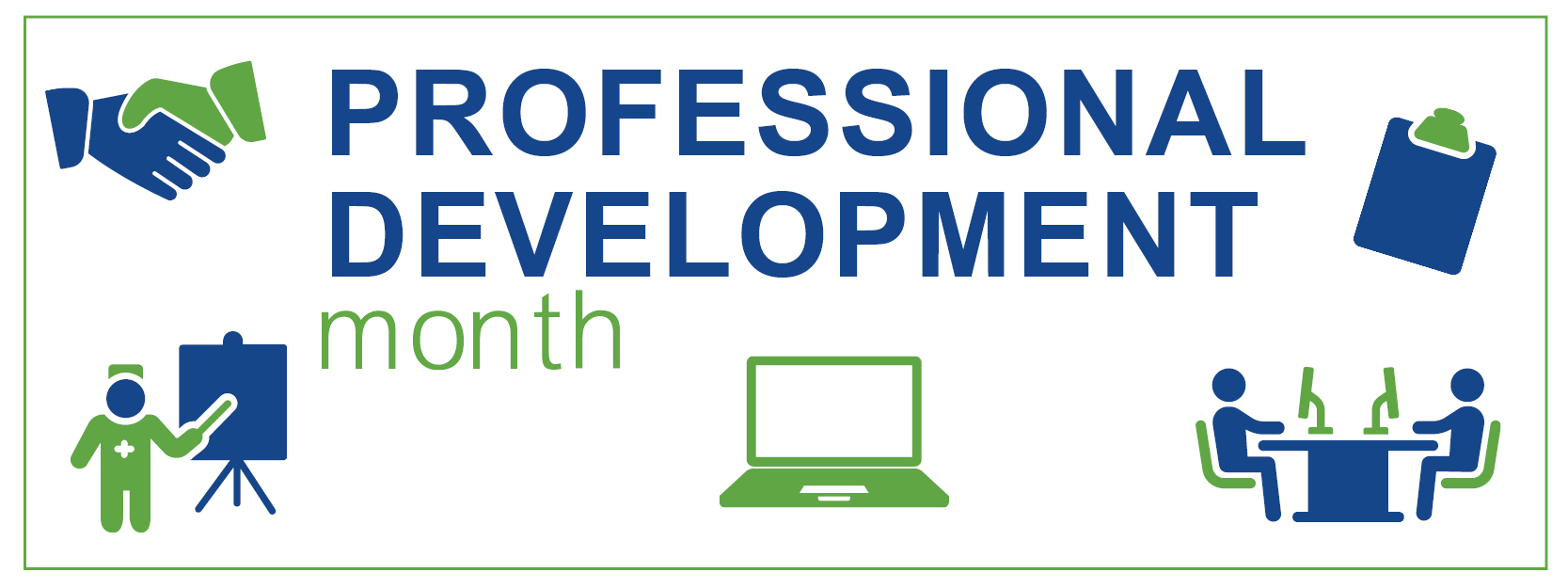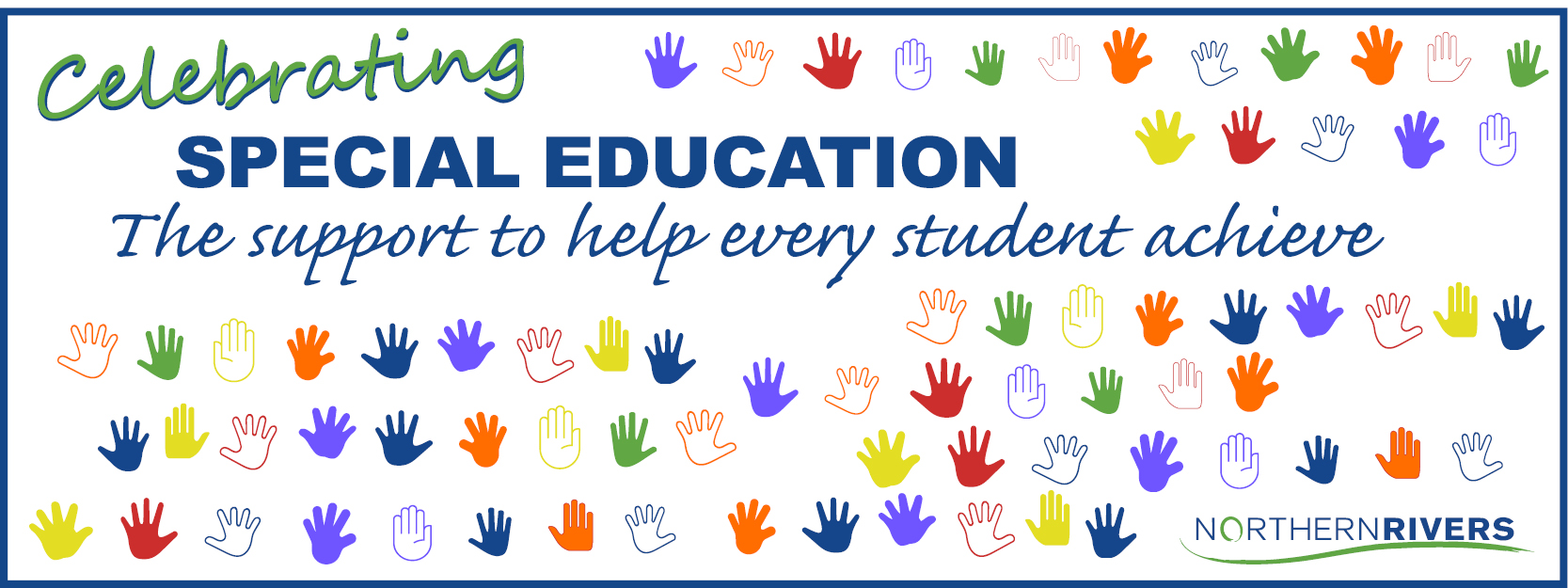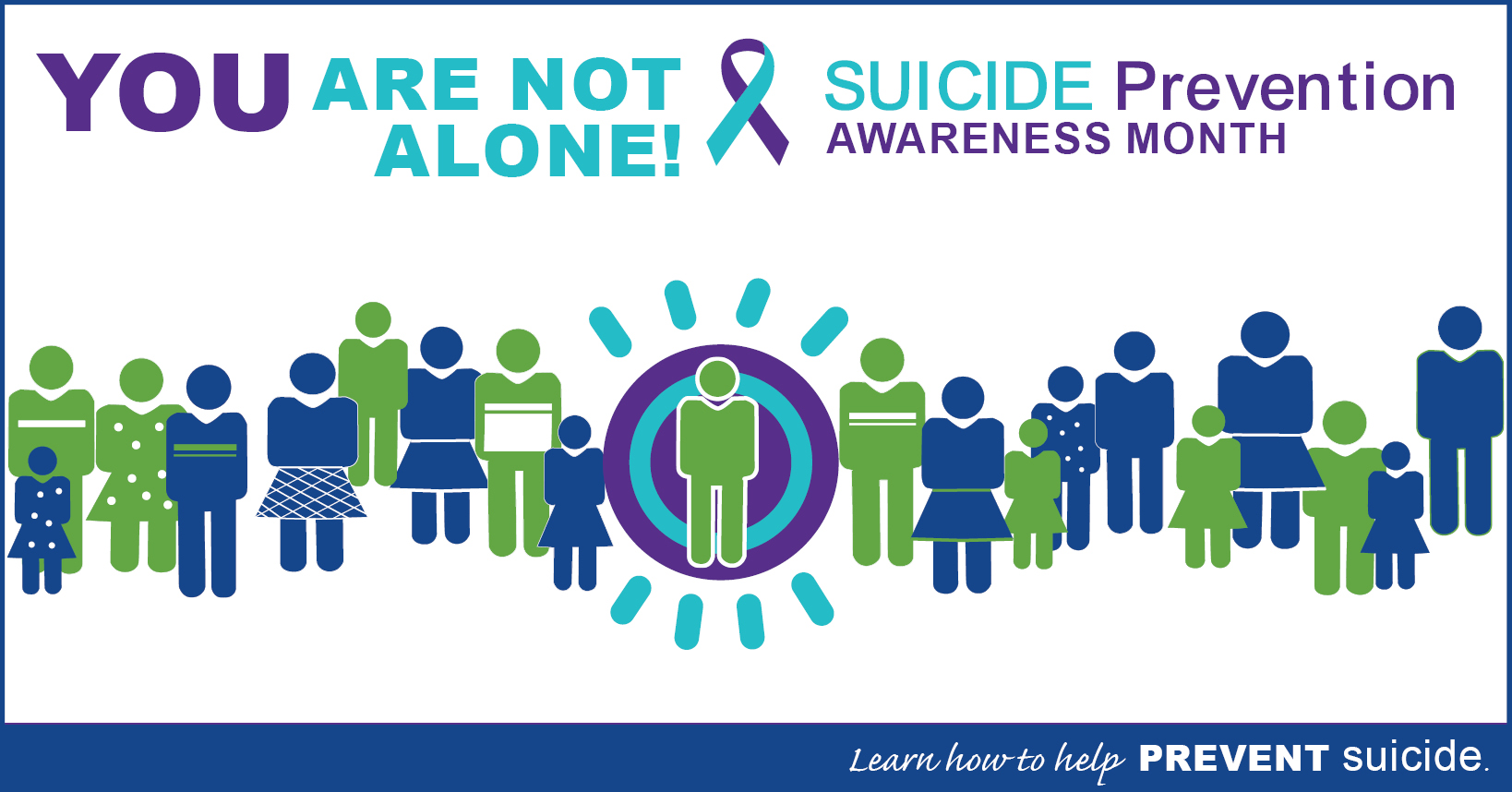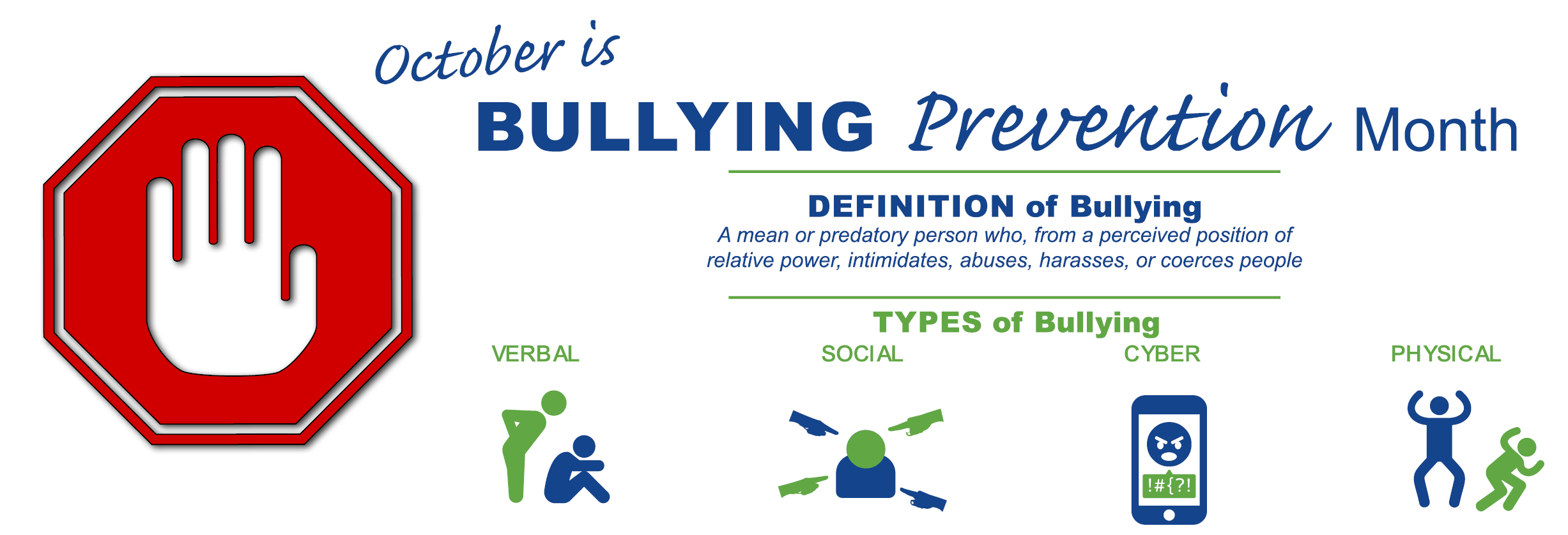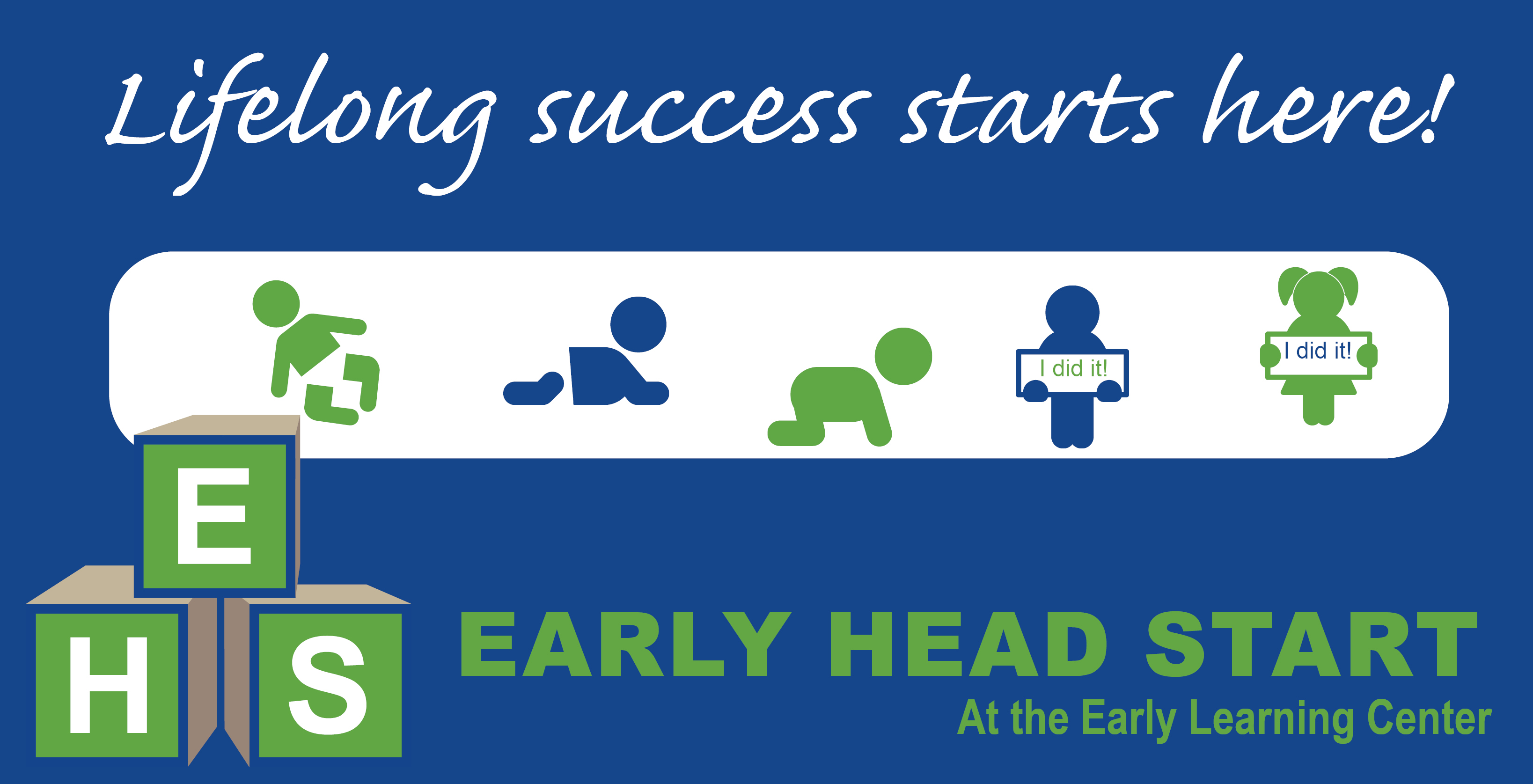
October is Head Start Awareness Month, and all across the country Head Start programs are raising awareness of this life-changing program. Head Start is a federal program that launched in 1965 to help young children and families overcome the damaging effects of poverty and prepare for success in school and in life.
Over the past 57 years, the program has evolved and grown, and now includes Early Head Start programs like the one Northern Rivers operates in Schenectady. Today more than one million children from birth through age 5 are served each year by more than 2,800 Head Start and Early Head Start programs nationwide, receiving the educational, health, and parental support services they need to thrive.
Services are provided both at educational centers and right in homes, engaging the entire family to help young families when they need it most.
Below you'll meet some of the incredible people who help make Early Head Start such an impactful program.
Early Head Start Stories
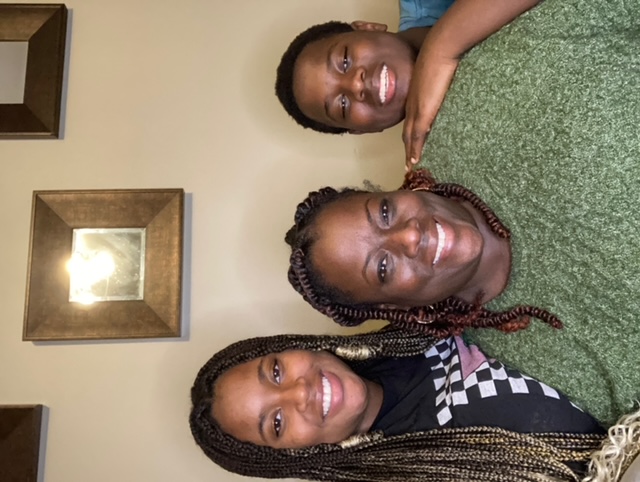
Hi my name is Karen Williams.
I would like to talk about my experience with Northern Rivers/Parsons Early Head Start, and how it helped my family and me excel in our lives. I am a native New Yorker who relocated with my one-year-old daughter Alisha and my husband Warren to upstate New York in 2000. Upon moving here, I tried odd jobs and decided to go back to school. In 2003 we moved to Steinmetz Homes and we were told by neighbors about Parsons Child & Family Center and applied because I was now a mother of three and looking to improve myself and my family. I enrolled my youngest daughter, Erica in Early Head Start, center-based, in 2006 and it was a great experience for her and for me.
At Early Head Start, we felt welcomed and supported, and as if they were an extension of our family. Staff were very helpful in cultivating us to becoming better parents as we were still very young. I started out as a parent volunteer and Warren and I were members of the Policy Council for three consecutive years. Staff were available and supportive and that reassured us that our Erica would be safe and well taken care of. I also felt that I could focus on improving myself by becoming a medical assistant because they alleviated some of my stresses about childcare for her while my older children were in their own schools or day programs.
In 2008 after completing my medical assistance program and receiving my certificate I found out that I was pregnant again with Marcus. I was helped by the Early Head Start family support workers to enroll as a prenatal mother, and later enroll him in the program. There was no hesitation and there was no red tape to getting us enrolled.
I did not feel defeated when I was wondering where and what I was going to do with another pregnancy because Early Head Start was there to help. Marcus was enrolled and I continued working as a medical assistant up until 2009 at which point the doctor I was working for decided to close his practice. I spoke to my Early Head Start family support worker and they asked me if I would be interested in being an Early Head Start employee. I applied and became a substitute teacher, then a year later they encouraged me to begin the Child Development Associate (CDA) program. They offered the classes on site, so I didn't have to worry about traveling or who was going to watch the kids after school. This opportunity was another way I was able to do more to improve myself and my family situation. When I completed the CDA program and earned my credential, I became a teacher in my own classroom.
I worked at Early Head Start for a long and wonderful 10 years. During my last year there, my older children Alisha, 16, and Danielle, 15, became summer youth employees through Schenectady County Job Training Agency. There they developed their love for working with young children. Having seen my professional journey and being involved in activities at Early Head Start helped them to develop their goals.
My daughter, Alisha worked as a substitute at Early Head Start while attending college. She is now 23, graduated with her Bachelor’s degree and earned her CDA credential. She is employed as a teacher at Early Head Start.
My daughter, Danielle, is now 21, and works as a substitute at Early Head Start, and is in her senior year of college where she is studying Early Childhood Development.
My oldest son Jayden also works at Early Head Start as a staff member in the kitchen. My daughter, Erica, who attended Early Head Start as a child, worked there this past summer as a youth employee through the county’s job training agency. My son, Marcus, now 15, is hoping to be placed at Early Head Start next summer, also through the summer youth employment program.
My husband and I have grown and our children have grown up with Early Head Start. We have come full circle and we are a testament to the power of genuine caring, support and positive connections. This program has been a consistent source of support and encouragement for my family, and stood beside us during some of the toughest times in our lives. I have always had the support of Early Head Start.
I am thrilled to have my children still connected to this program. They are thriving and happy in their work, and feel a part of the Early Start family. They now get to be employees and are there for other families as staff were there for us.They get to give back and do the work that they love.
Head Start works, and its impact is multi-generational. I am forever thankful to be a part of the Head Start family.
Click here to see the family video.
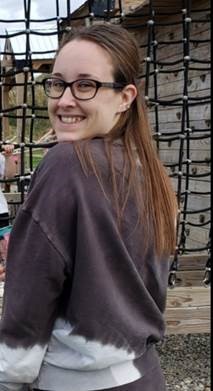
Hi there! My name is Ariana Saffares, and I am an Early Head Start teacher. I wanted to share my story with all of you!
I first heard about the Early Head Start program back when my son was 2 years old in 2019. He was part of the Early Intervention program because of some of his developmental disabilities. So, they suggested that he start in a school program and Early Head Start was their first suggestion. I reached out and the program immediately contacted me to help my son start in the home-based part of the program. He loved his home-based teacher, and she offered me a lot of different resources as well as how I could be involved in the program as well.
This is where I began my journey as an incredibly involved mother. I started in Policy Council and loved the experience so much that I eventually became the president for about a year. I was also heavily involved in the moms’ group and the parent committee and helping my child’s program make important decisions!
He then began going to the program in the summer of 2019 in the Koalas classroom with his two incredible teachers Miss. Jennifer and Mr. Peter. But, shortly after this he had to move from the Early Head Start program and attend a special education school. His new school did not provide diapers or meals for my son, so it was a struggle for me and my family to keep up with these expenses. I let Early Head Start know about my struggles and they ended up providing my son with six months worth of diapers! Even after he left the program, they cared about him and the rest of my family, also allowing him to be home-based again until he turned 4 years old.
Then Covid hit and we were all stuck at home with each other. Sharon, the Executive Program Director, reached out to me, knowing how interested I was in furthering my education and offered not only to pay for me to get my CDA (Infant/Toddler Child Development Associates program) but offered me a position as a substitute in the Early Head Start Program! Of course, I said yes, and this is where my journey begins as an employee in the program.
I began the class and within exactly one year I had finished and earned my certificate. As soon as I completed my certificate, I was offered a full-time position as a teacher in the program to which I said “Yes!”. I also enrolled in a college program to begin earning my Early Childhood Associates degree part time. I began working in the same exact classroom that my son began in, the Koalas, with my very best friend Alisha, along with getting to work alongside so many amazing people!
In February of 2022 I found out I was pregnant, and the Early Head Start Program did not fail to support me and helped me enroll my daughter in the home-based program. I couldn’t be happier or feel so lucky to be a part of the Parsons Early Head Start Family. People always say it takes a village to raise a child, my family is everyone in this program and I am so grateful for every single one of them!
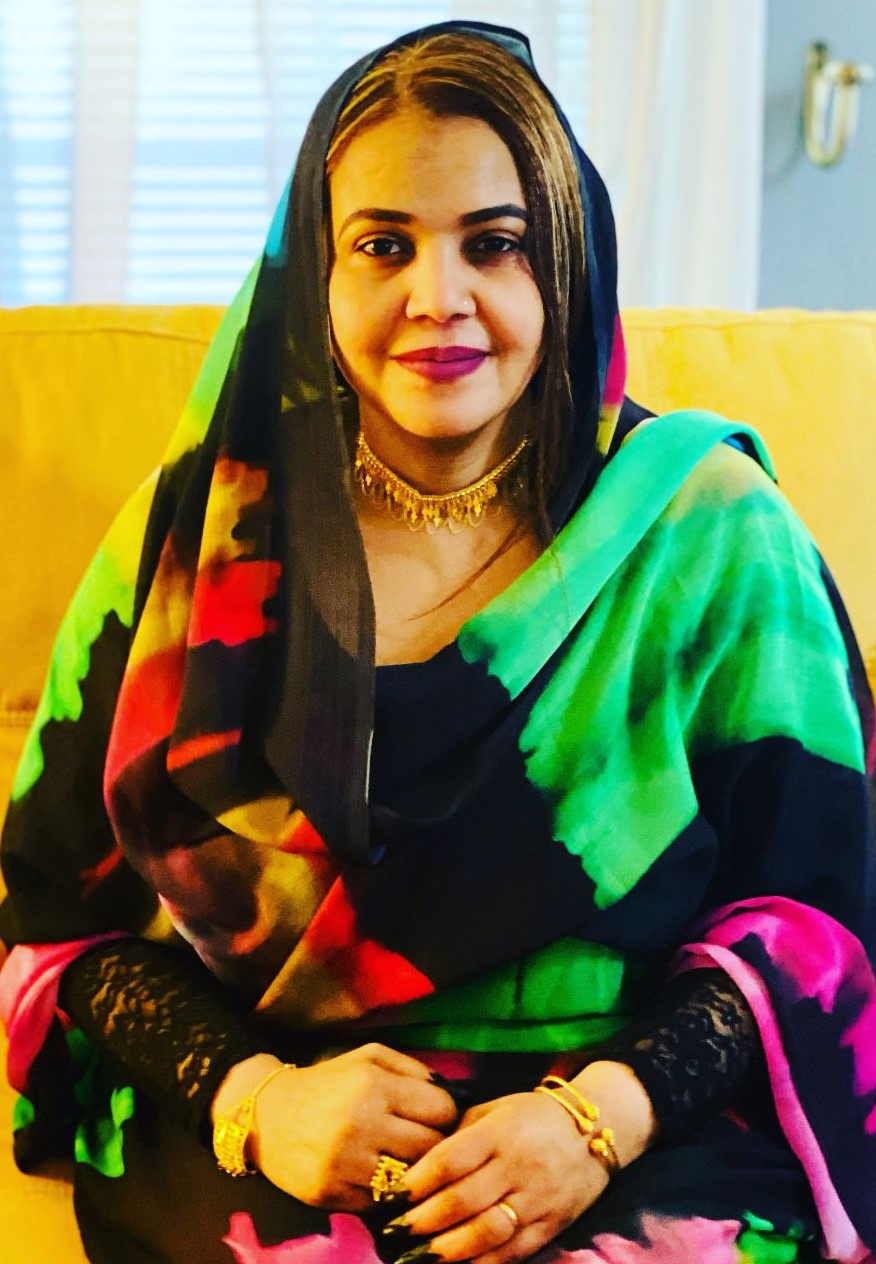
My name is Reem Elmardi. I would like to share a short story about myself. I’d like to do this to show people that life will throw you curveballs, but what truly matters is that you fight through it! Things will get better sooner or later. I have faith that struggles makes you stronger.
In 2005 I came from Sudan to the United States with my husband and my oldest son who was 2 years old. It was a tough time for me because I left my family behind coming to a new life and culture and it took me a while to adapt.
A year later I got pregnant with my daughter, Dina who started in the Early Head Start home-based program and later transitioned to the center. Two years later I had a second daughter, Zina. She was two weeks old when we enrolled her in Early Head Start.
I partnered with the Early Head Start staff to develop personal and professional goals for myself. One of my goals was to enroll in a program to earn a Medical Associate certificate. Early Head Start staff told me about a grant that would allow my daughters to stay in program for longer hours so that I could go to school. I applied for the grant and was approved. I felt good because I knew that my children were safe and well cared for while I attended school.
In 2008 I finished school and received my certificate. I started looking for a job. A few years later I found out that there was an opening at Early Head Start. I decided that I really wanted to give back to the program and help other parents and caregivers as I had been helped and supported. I was hired at Early Head Start in 2010 as a family support worker.
Initially I was afraid that it would be hard for me to communicate with staff and families, as English is my second language. But when I started working, the opposite happened! I received a lot of support from the Early Head Start staff and I formed positive partnerships with parents and caregivers. I was encouraged to enroll in the Family Development Credential training program to enhance my skill and knowledge for my job. I successfully completed this program.
In 2022, I enrolled in the National Head Start’s Family Service Credential training and successfully graduated in July 2022.
My children have grown. Dina is now 16 years old and still remembers her time in Early Head Start. She comes in to visit and to volunteer in the classroom. Dina’s goal is to become the Early Head Start Director. She has made the current director aware of this and they have discussed an educational and career path for achieving this goal.
Zina is now 14 years old and her goal is to become a travel nurse.
My family is healthy and happy. We continue to be a part of the Early Head Start family and always feel welcomed and appreciated. I love my job at Early Head Start, and often talk about how I started my journey as a parent in the program and am now a veteran staff. Early Head Start encouraged and supported me and helped me to build my confidence. Head Start works – My family and I are proof of it!
Click here to see Reem's video.

My name is Fatima Rafi. I am an Early Head Start teacher. This is my story.
In 2016, I came to the United States with my husband and five-year-old daughter. A month after arriving I gave birth to my second daughter. Our first year in the United States was difficult for us.We left all of our family in our country, knew no one here and did not speak English well. There was a lot to learn but we were determined to make a good life for our family.
We enrolled our oldest daughter in Kindergarten and our family enrolled the baby in the Early Head Start home-based program. During this time our youngest daughter was injured and needed treatment. She was hospitalized away from home for several months.This was the most difficult time of our lives. We juggled caring for our 5-year-old, working when possible and travelling several hours each way to see our baby. Thanks to the Early Head Start for assisting with resources and support throughout this difficult time. We will never forget the caring and thoughtfulness of program and agency staff. They really helped me with all the things that I needed.
When my daughter was better, Early Head Start transferred my daughter from home-based to the center-based program where she learned and had fun in a safe, healthy and encouraging environment. It was great to see her healthy and thriving. I am grateful for everything that Early Head Start did for my family.
In 2019, I was hired to be a classroom substitute at Early Head Start. This was my first job in the United States. My first language is Arabic, and I struggled with communicating in English. Early Head Start Staff encouraged me to enroll in the Infant/Toddler Child Development Associate (CDA) credentialing course, and I completed it successfully in June 2021. Everyone came together to support and encourage me until I got my CDA. They really stood by my side when I needed them. With my CDA credential, I moved into an Early Head Start teacher position.
In 2020, I became pregnant with my third daughter and I re-enrolled in the Parsons Early Head Start home-based program. She started in the center-based program shortly after she was born and continues to learn and grow here at the center. Today, my three daughters are healthy, happy and thriving. They all speak both Arabic and English and have a love of learning.
Early Head Start is not a daycare. Early Head Start programs provide early childhood education services that are tailored to the unique needs of infants and toddlers. Early Head Start programs promote the physical, cognitive, social, and emotional development of infants and toddlers through safe and developmentally enriching caregiving. This prepares these children for continued growth and development and eventual success in school and life. Early Head Start programs also mobilize the local community to provide the resources and environment necessary to ensure a comprehensive, integrated array of services and support for children and families. These services were and continue to be a great support to me and my family.
I have continued to work as a full-time teacher at Early Head Start since receiving my CDA credential. I love interacting with young children and helping them learn and grow every day. My dream for this year is to focus on professional development in my field and to maintain a positive and inviting classroom environment for the children and the families.
I strive to balance between my work and my family as they are both important to me. My hard work is an example to my daughters. I want them to know that anything can be accomplished through hard work, determination, concentration and persistence. I want to let my daughters know that with perseverance and patience they can achieve anything that they set their minds to.
I am thankful for the Early Head Start staff who encouraged and supported me as a parent, and who have continued to support me as a teacher.
Click here to see Fatima's video.
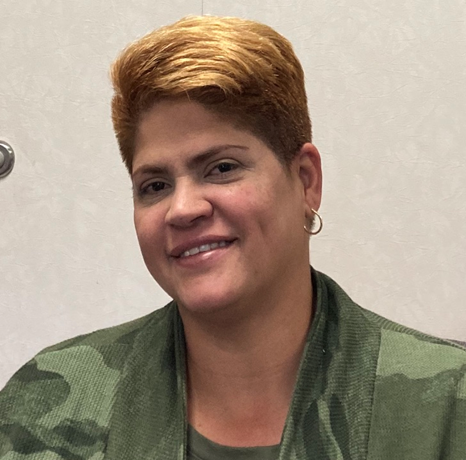
My name is Yelena Martinez Melendez. In 2011, I moved from Puerto Rico to Schenectady with my husband and one-year-old daughter. In 2012 I had a second daughter and we enrolled in the Parsons Early Head Start home-based program shortly after she was born.
My older daughter received speech therapy, and Early Head Start assisted me with getting my younger daughter evaluated and approved to receive speech therapy. Today she is an intelligent 12-year-old girl with the ability to communicate in English and Spanish. I am grateful for everything Early Head Start did for my daughter and my family.
I was determined to succeed and applied to be a classroom substitute at Early Head Start. Fortunately, I was hired and that's where my love for educating young children began. I also transferred my young daughter from home-based to the center-based program where she learned and had fun in a safe, healthy and nurturing environment.
The biggest challenge that I had to face was the language barrier. My primary language is Spanish and I struggled to communicate in English. Despite that, and with encouragement from Early Head Start staff, I enrolled in the Infant/Toddler Child Development Associate (CDA) credentialing course and completed it successfully. It was a challenge as my first language is Spanish, therefore it was and still is a challenge to complete a degree in a language that is not my own.
In 2016, I enrolled at the local community college and started work on an associate's degree in Human Services. I earned my degree in 2019, and in the same year I began working toward my bachelor’s degree with a concentration in Community and Human Services at Empire State College.
I graduated in September 2021 with my bachelor's of science, Suma Cum Laude with a 3.9 GPA. In addition, I was recognized as a member of the Phi Theta Kappa Honor Society. I was also part of a program called the Empire Opportunity Program that helps minorities and disadvantaged students.
I was re-hired by Early Head Start as a Home-Based Family Support Worker in 2021. Being in the role of educator prompted me enroll in college to work toward a master's degree in Early Childhood Education with a concentration in special education.
I currently work at Early Head Start during the day, and also work the overnight shift as a Residential Specialist at a shelter for women and children. My goal is to work at an administrative level so that I can advocate for funding and services for children and families. Obtaining a master's degree in education will help me achieve this goal. My commitment and hard work is an example to my daughters that anything can be accomplished through hard work, determination, resilience and perseverance. My goal is to instill in them a love of learning and the confidence that they can achieve anything that they set their minds to.
I am thankful for the Early Head Start staff who encouraged and supported me as a parent, and who have continued to support me as a college student and as a staff.
Click here to see Yelena's video.
